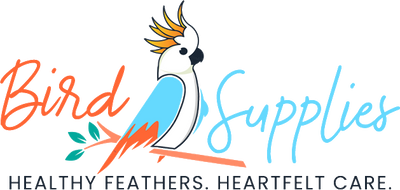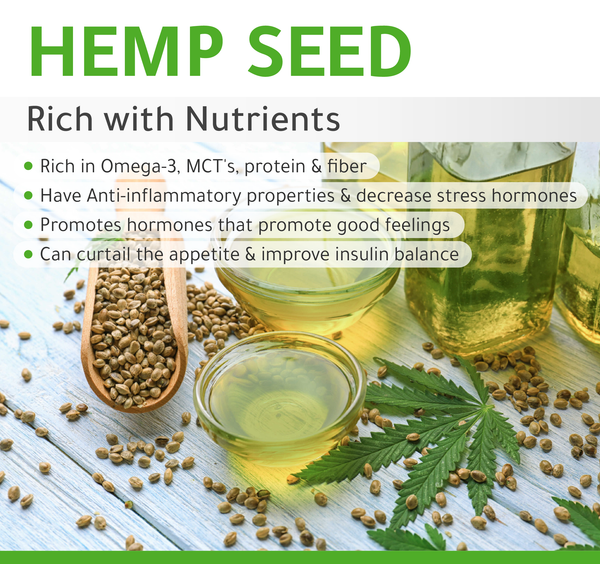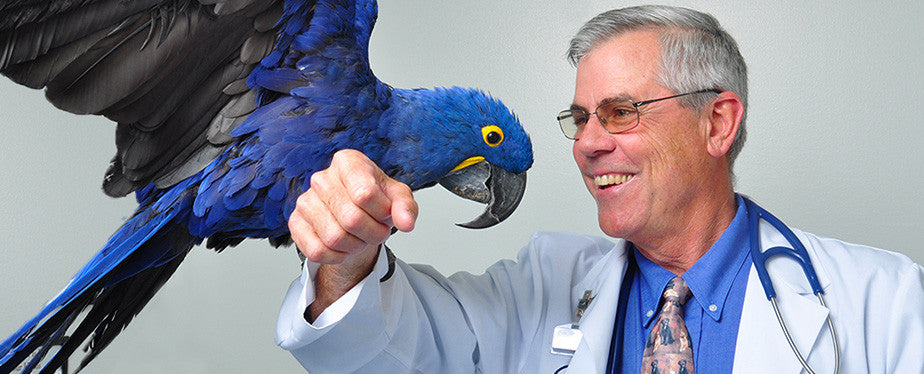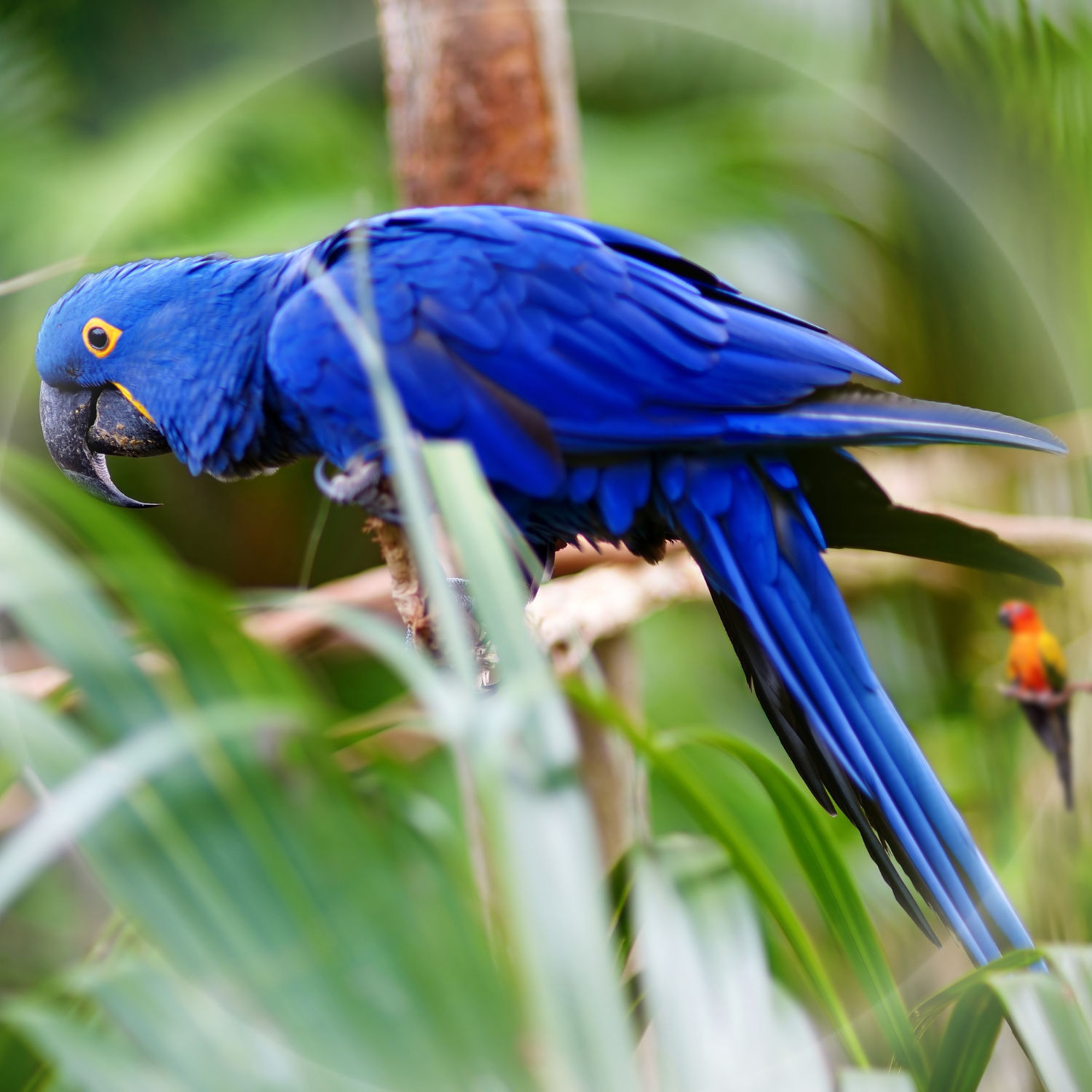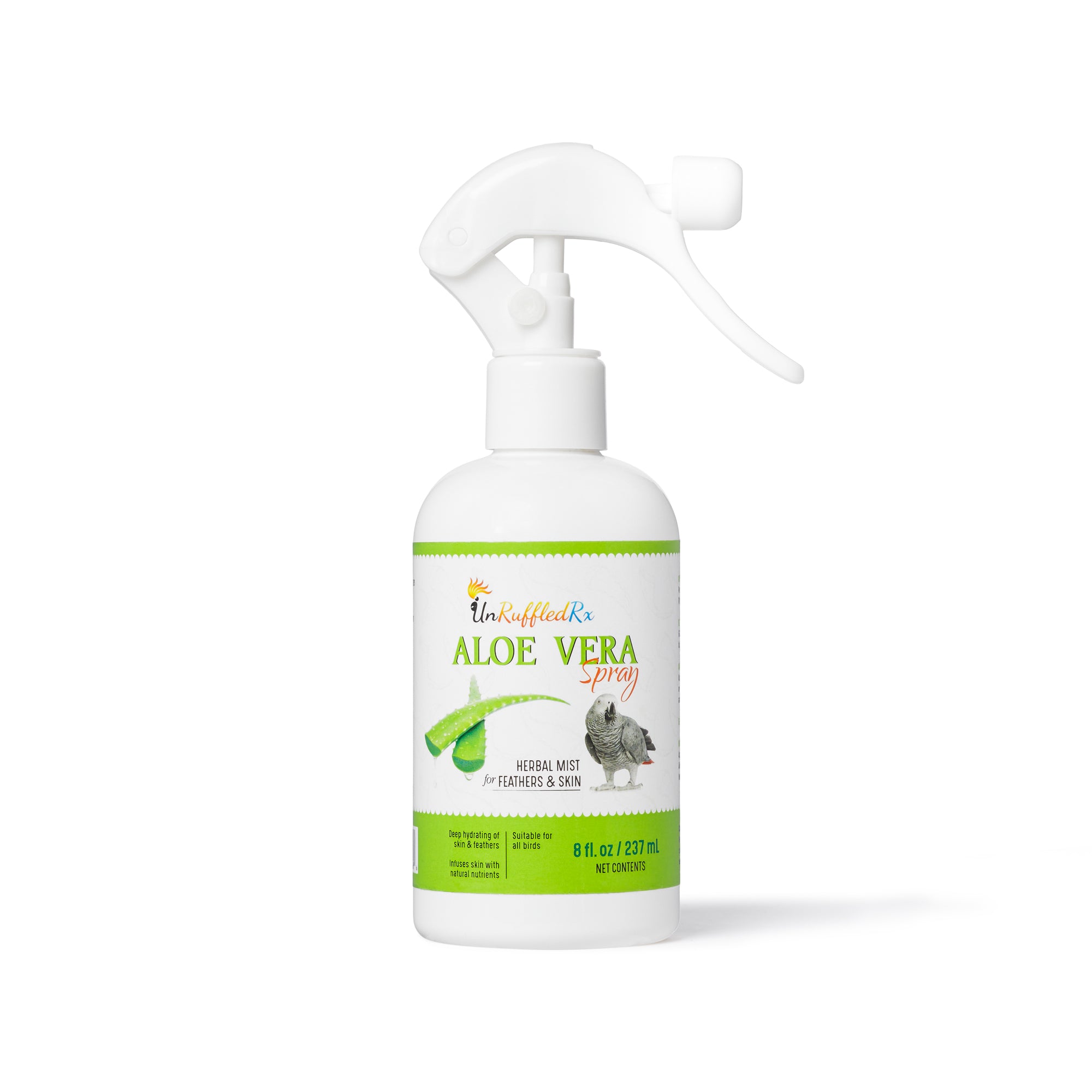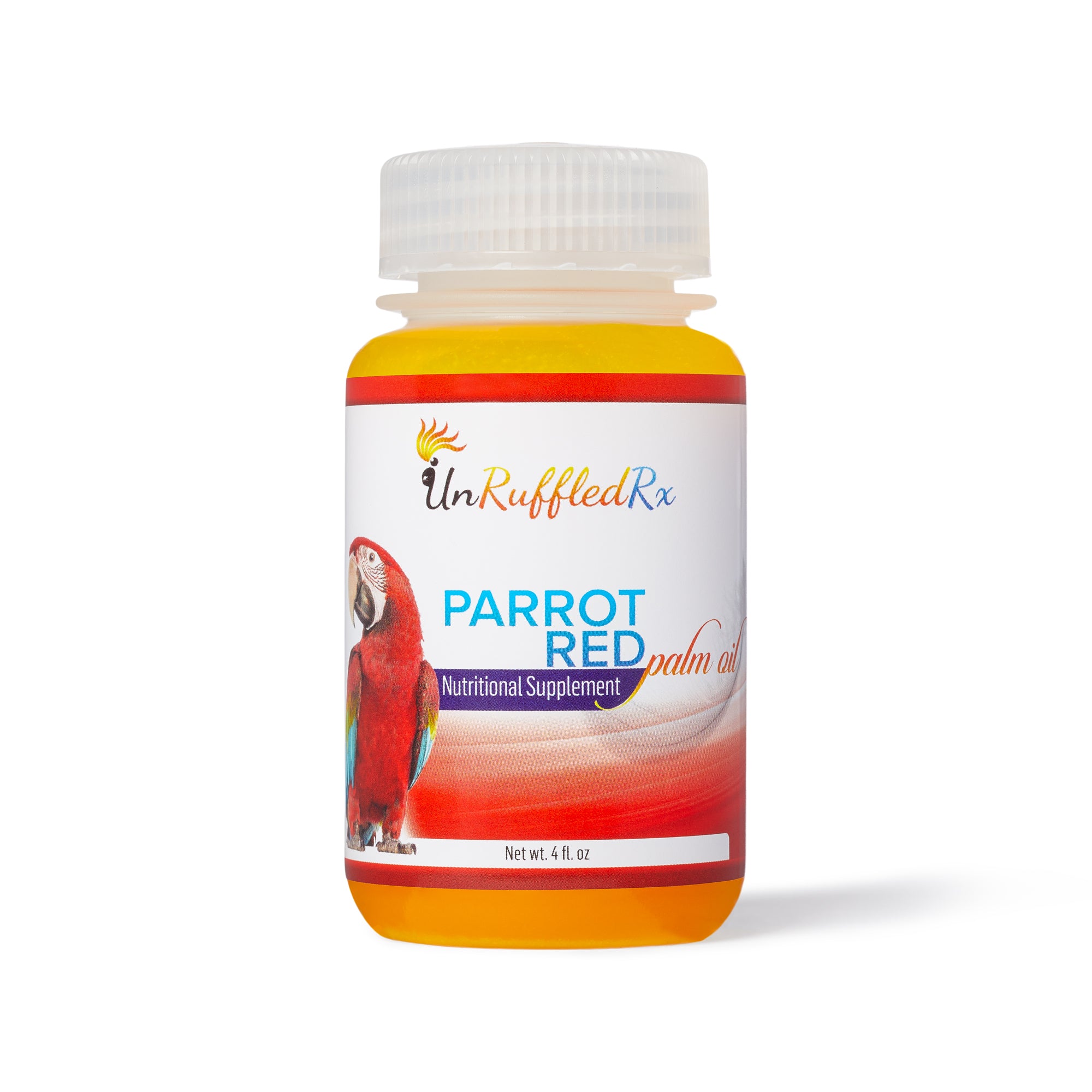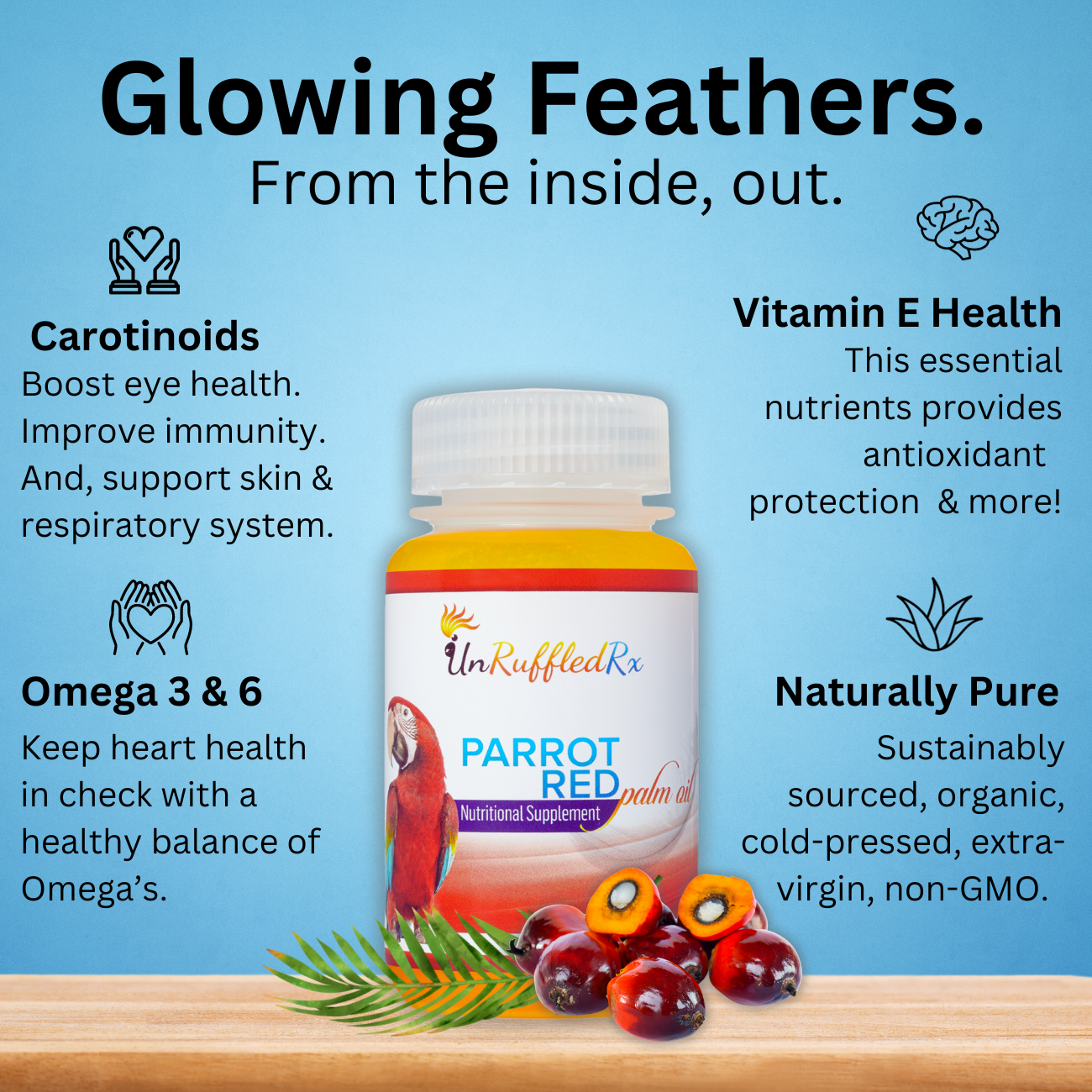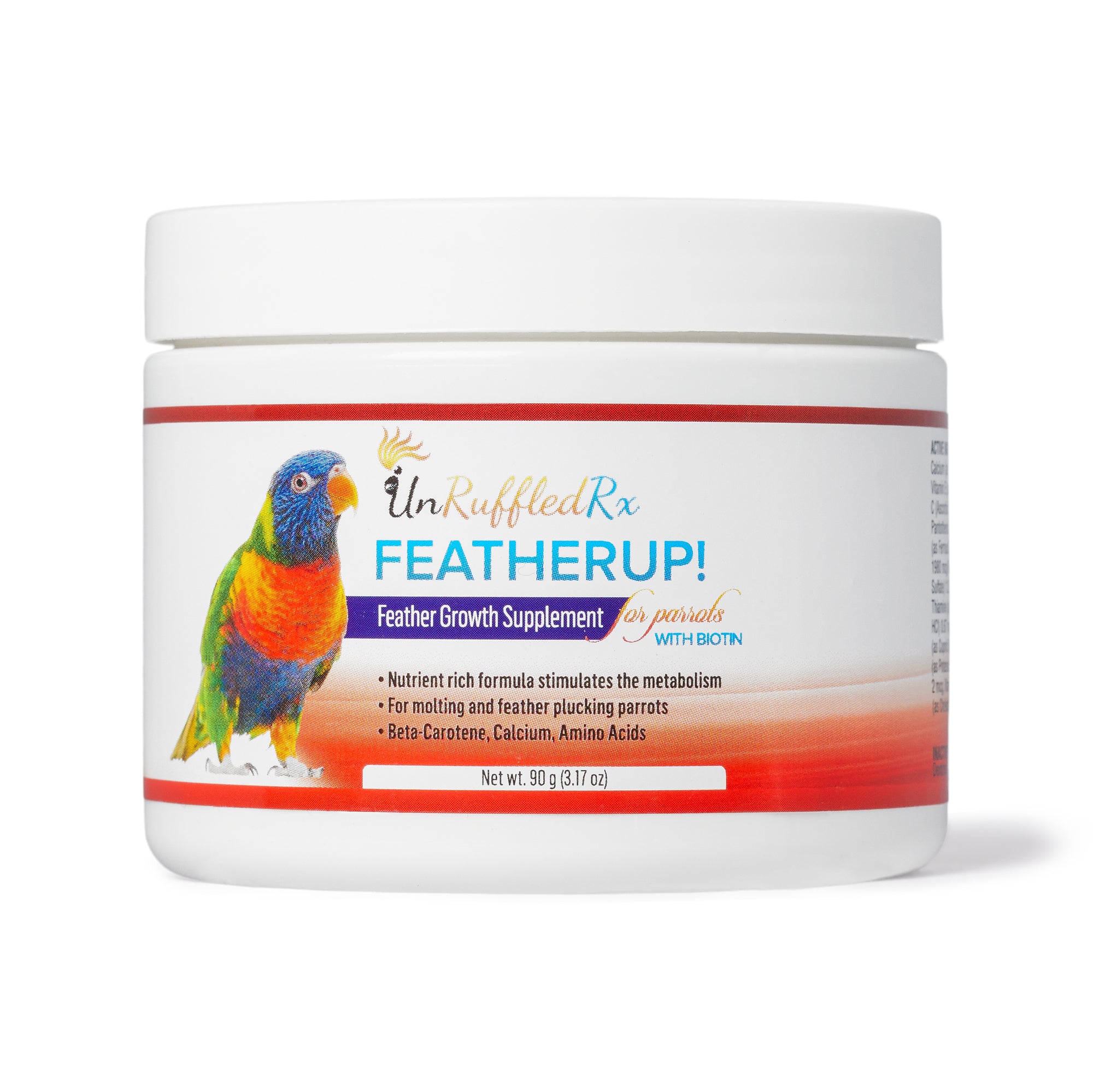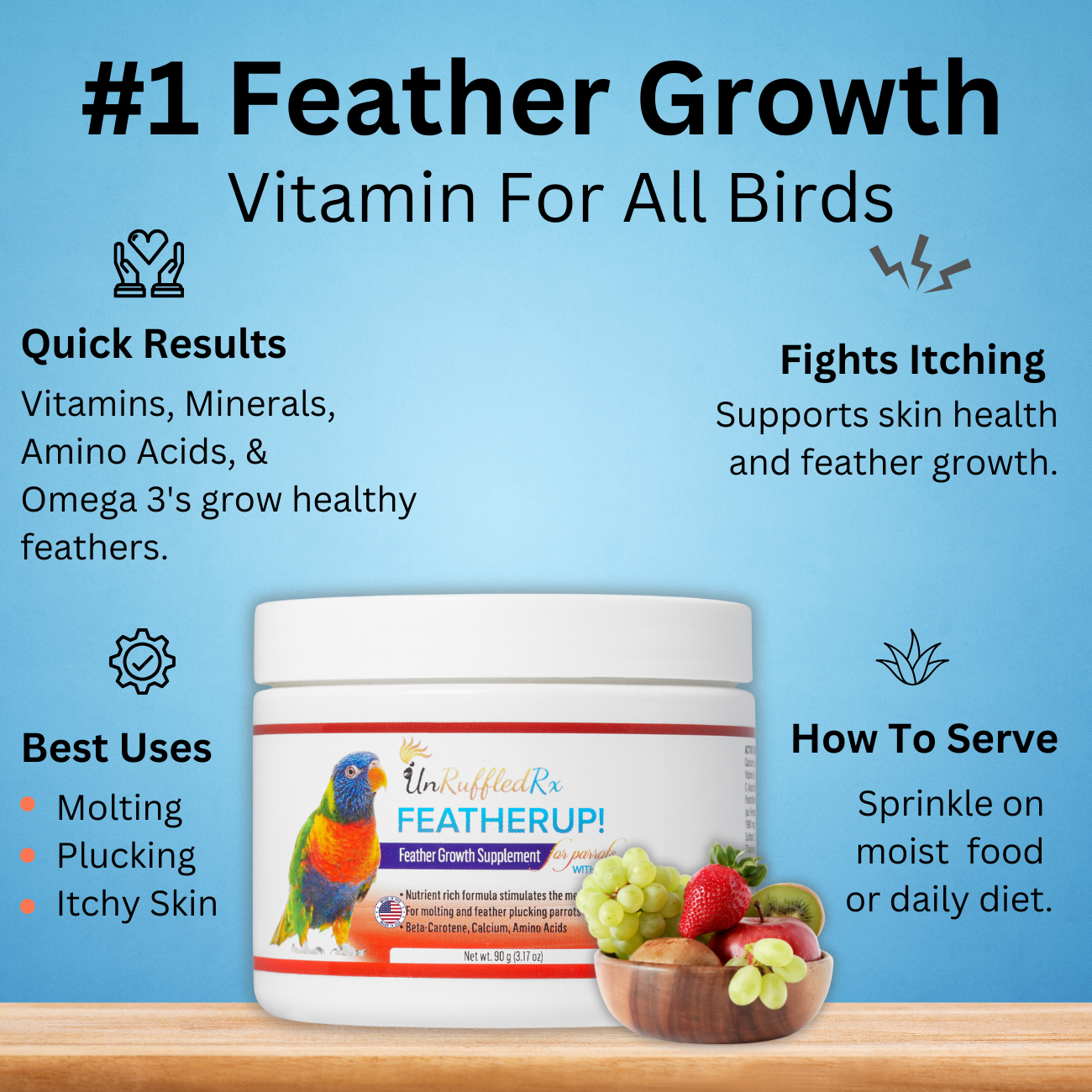When a bird has access to a diet rich in protein, minerals and healthy fats - And.. a perceived pampering mate, and a suitable nesting site, its body becomes hormonal.
Very hormonal.
And, anyone who’s ever felt “hormonal” knows that hormones have noticeable effects on behavior. Emotions are ramped up into overdrive and your birds behavior becomes erratic and impulsive.
During bird hormonal season, you might notice that your bird is biting and screaming more than usual. A hormonal parrot feels the clock ticking and it wants to mate before it is too late. Most wild parrots only get hormonal once or twice a year so their body is designed to take advantage of the breeding season when it arises
When denied the possibility of breeding and rearing young, your bird may engage in stress induced over-preening and repetitive behaviors out of sexual frustration. Captive parrots can develop a dangerous condition called Chronic Hormonal Behavior.
Some people come to believe that they’ve acquired a “bad bird” and look to re-home it. Hold off, though. If your bird is constantly screaming, biting and anxious, and hiding under furniture take a look at its dietary intake and other hormone inducing conditions.
Of course, know that curbing bird hormonal behavior requires several corrective measures, not just diet.
At BirdSupplies.com, my passion is helping you to successfully care for our exotic bird by improving everything that you can around it’s wellness needs.
Table of Contents

What are hormones?
Hormones are chemical messengers that travel to each and every organ in the body through the bloodstream. Their job is to regulate the body. Systems that need to be regulated include reproduction, sleep, stress, fight or flight, and metabolism.
Your bird has the following hormones which need to maintain balance:
- Sex hormones such as estrogen, testosterone and progesterone
- Melatonin (sleep)
- Cortisol (stress)
- Adrenaline (fight or flight)
- Thyroid (metabolism)
What hormones do birds have?
Just like humans, birds have a variety of hormones in their system at any one time. But, their reproductive organs operate differently than ours do. In most bird species, a bird's gonads essentially become dormant during certain “seasons” of the year.
Female birds have estrogen that is produced in the brain when the aroma of testosterone is available. Male birds can have differing levels of testosterone and we know that there's a correlation between how much testosterone is in the body and bird aggression. A bird that produces more testosterone is more prone to becoming aggressive.
There are other hormones that affect the bird reproductive process. Prolactin, progesterone and corticosterone can greatly fluence on the behavior of birds in the breeding season and therefore they play a major role in the avian reproductive process.
Diet plays a major role in the avian reproductive process. Several other factors play into hormone production in birds including how much light they have access to, having access to a perceived mate, having access to a nesting site and nest lining materials, sensual body contact, and diet.
What can I feed my hormonal bird?
Good pellets
Most birds need a solid foundation in their diet and this comes in the form of pellets. Not just any pellet will do. Commit to using a science-backed, premium pellet from known manufacturers such as Harrison's bird food, Roudyush bird food, and cold pressed TOPs pellets.
The ratio of pellet to raw food depends on several factors. For instance the bird species, age, sex, and health status of your bird needs to be considered.
When considering a species specific diet, study your birds individual species and determine whether your bird is a:
- Granivore - birds that eat seeds
- Nectarivore - Birds that eat nectar
- Frugivorous - birds that eat fruit
- Folivore - birds that eat leaves

Reduce fatty nuts & instead feed coconut oil
A lot of tree nuts are rich in fatty acids, proteins, and minerals. Feeding your bird too many tree nuts is thought to contribute to the conditions that stimulate the bird's reproductive hormones. If you notice that your bird is engaging in hormonal behavior, cut back on tree nuts and use them for only training purposes rather than a part of their daily diet.
At the same time, consider adding coconut oil to your bird's diet. Coconut oil is considered to be desirable because the fatty acids in coconut oil actually help the hormones get to where they want and need to go in the body, and so support the creation, processing and elimination of estrogen and progesterone, leading to hormonal balance.
Reduce soy
Soy is a type of legume that contains a high concentration of isoflavones, a type of plant estrogen (phytoestrogen) that is similar in function to human estrogen but with much weaker effects. Soy isoflavones can bind to estrogen receptors in the body.
Human research suggests that eating soy products might decrease FSH and LH, which may impact fertility. The effects of soy might be based on the quantity of soy eaten as well as the type of soy consumed and when it is consumed, cooked soy versus raw soy or mature versus immature beans. For this reason, many avian nutrition experts recommend against feeding uncooked soy to your birds.
The problem is that many birds ❤️ love 💕 it!
I used to add edamame, otherwise known as mature soy, to my bird's daily chop. Smokey, my mature male Congo African grey, would make a beeline did the veggie dish eating every soybean he could get at our ritual morning veggie time.
For the longest time, I couldn't figure out why Smokey was so aggressive and hormonal. I'd always fed my birds a great variety of chop, premium pellets, ensured that they got enough sleep, and never petted them inappropriately.
Then, when I quit adding edamame to the chop, Smokey became his sweet, usual self again.
While not a controlled scientific study, by a long shot, when I eliminated the soy edamame from the bird chop, Smokey’s intense and aggressive hormonal behavior subsided.
Reduce sugary fruits
Okay. What bird doesn't love sugary fruits and vegetables? We've all heard that comment, “Sugar on the brain.” But, what does that really mean?
Sugar causes the brain to release dopamine and serotonin, the hormones that boost the mood, which then stimulate the nucleus accumbens – the area of the brain associated with reward.
But, high insulin levels can tell the ovaries to make more testosterone. High insulin levels dumps estrogen into the system and a hormonal bird.
Yeah. It's time to reduce the sugary fruits and replace them with antioxidant rich berries and such.
Increase hemp seed & wheat germ
Hemp seeds are a great source of essential Fatty Acids (EFA) and Gamma Linolenic Acid. Studies have found that these substances directly suppress estrogen production by inhibiting an enzyme that makes estrogen from testosterone, called aromatase.
A lack of these important nutrients can result in a hormone imbalance, which throws off your birds reproductive physiology and behavior.
Wheat germ is another nutrient rich superfood that supports hormone balance.
Increase raspberry leaf
Raspberry leaves are a member of the Rose family. There are several ways that raspberry leaves support avian hormonal health. They contain Tannins, which reduce cramping. The tannins and ellagic acid found in raspberry leaves are phytochemicals which support estrogen balance. The ellagic acid and flavonoids are anti-inflammatory compounds. And, because your bird’s body systems all work together, this will affect the levels of our estrogen, testosterone, and progesterone levels in a positive way.
“Vitamin B6, found in red raspberry leaves, helps to balance out certain reproductive hormones and associated behaviors such as mood changes, irritability, and aggression B6 binds to estrogen, progesterone, and testosterone, helping regulate these steroid hormones….”
Increase rich leafy greens
Similar to the above description of how raspberry leaves support avian hormonal health, leafy greens are known to be nutritional powerhouses for our birds (and for us humans alike.)
Find a diverse range of leafy greens that your bird likes. Chop the leafy greens up and mix them with other favorite vegetation. The smaller the chop the more the vegetables stick to each other and the more opportunity your bird has to ingest a wide range of nutrients.
Now, of course, when it comes to nutrition, raw or uncooked plant-based sources are always best. But, some birds refuse to eat their vegetables just like our kids do. It's not that your bird doesn't like the flavor. Birds really don't have a great sense of taste. They have only about a third of the taste buds that we have.
The real issue behind your bird not eating its vegetables is that it has never been shown which vegetables are safe to eat and which ones it should avoid. You've probably read some of my blog posts on parrot nutrition and getting your parrot to eat a wide range of vegetables.
I've said it before and I'll say it again. It's a jungle out there! And wild birds have to teach their young which vegetation is safe and which is not. Your pet bird didn't get that important training. It's your job as your bird's caretaker to teach your bird to eat its vegetables. Here's a great video that will help you out.
Feed chickpeas
Chickpeas, also known as garbanzo beans, are part of the legume family and they should be an important part of your pet bird's diet. They are rich in a number of nutritional components and a great source of protein.
Chickpeas support a balanced blood sugar level and aid in digestion. The bottom line is that chickpeas are high in vitamins, minerals, fiber and protein, and, with their great nutty taste you can easily teach your bird to enjoy them.
In conclusion, we know that vitamins and minerals work together to synergistically regulate certain body systems. This is why avian nutrition experts propose a rich and diverse range of raw plant-based products.
Feeding a rich range of highly nutritional live plant-based products it's your bird's best chance to attain hormonal balance so that all of its systems work together to promote overall good health.
Please understand that this is not an exhaustive list of how to help your bird obtain hormonal balance. Instead, use this list as a guide where to start and how to get the most bang for your buck.
If you enjoyed this post on supporting your hormonal parrot, you might also enjoy the following posts:
The Ultimate Guide To Hormonal Bird Behavior
How To Pet A Bird And Avoid Chronic Hormonal Behavior
References:
https://www.ncbi.nlm.nih.gov/pmc/articles/PMC3522856/
https://helloclue.com/articles/culture/does-eating-soy-affect-your-hormones
https://blog.primowater.com/benefits-of-red-raspberry-leaf-tea
https://www.composednutrition.com/blog/raspberry-leaf-tea-benefits-hormones
https://www.healthline.com/nutrition/chickpeas-nutrition-benefits#TOC_TITLE_HDR_10
Hey, please leave a comment or share this on your social media if you love this post!
